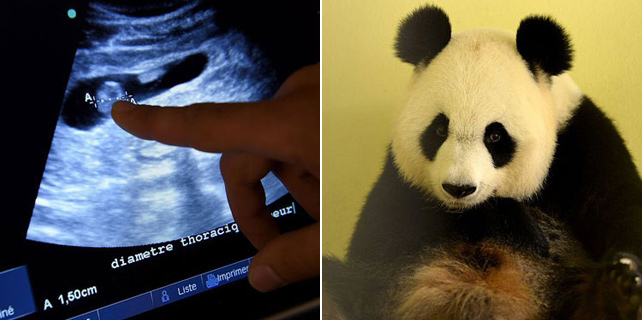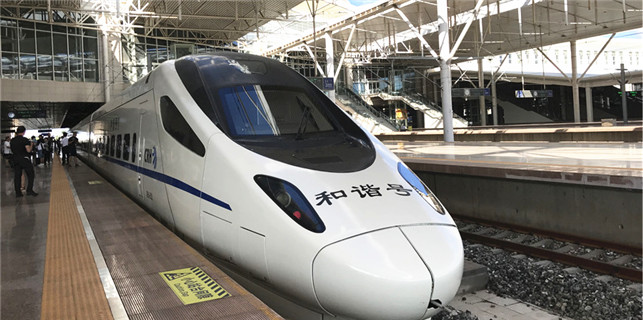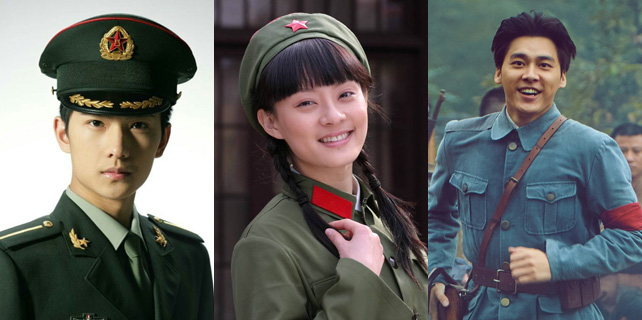Turkey names new army commanders one year after coup attempt
Because of massive purges that followed the botched coup, the number of generals and admirals decreased by 40 percent, reported Turkey's media. Most of the dismissed generals and admirals have been replaced through promotions from lower ranks, and there seem to be no real shortages at present, according to experts.
The changes after the coup further accelerated a weakening of the political influence of the one all-powerful military, who instigated four interventions against the civilian regime since 1960, ousting elected governments.
The Turkish government made some groundbreaking changes in command structure and functioning of the Turkish military. First, the Chief of Staff would be appointed directly by the president. Direct government control has also be strengthened by levelling the number of cabinet ministers and four-star generals in the YAS.
The chain of command at the top has also be changed. The Chief of Staff and the General Staff are attached to the Presidency instead of the Prime Minister's office. The commanders of the Land-, Air- and Sea-forces, on the other hand, are subjected to the Ministry of National Defense.
Moreover, the president and the prime minister will be able to give orders directly to these commanders without going through the Chief of Staff.
In addition, the military education system has undergone major changes. Military high schools have been closed, and within two years the existing military academies will be fused into a new National University for Defense under the Ministry of National Defense.
Other measures seemed more radical and potentially disruptive for the Turkish Armed Forces. Political appointments go against a long and honoured tradition of meritocracy in the military, and the direct appointment of the Chief of Staff by the president is likely to stir up controversy in the officers' corps. The same goes for an increased presence of cabinet ministers in the Supreme Military Council.
"It is obvious that the Turkish army is becoming deeply politicized and its recruitment criteria is becoming entrenched within religious practices," said a high ranking military source quoted on Wednesday by the Turkish Daily News newspaper, criticizing that the army while being under civilian scrutiny would become more politicized.
The new chain of command at the top is also a novelty in the Turkish military system, and breaks with a time-honoured practice of having one supreme military commander for all the armed forces.
Moreover, the establishment of a new national university for defense will discontinue the Turkish military academies and institutions with traditions that go back well over a century, argued some experts such as Ahmet Yavuz, a retired general who is frequently a guest on TV programs on this subject.
This expert and author of books on the evolution of the military institution argue that the current changes may not only put the armed forces in a difficult spot in combatting threats like the bloody Kurdish separatist insurgency that has resumed since 2015 in mainly Kurdish southeastern Turkey, but also politicize the army in general.
Such a development would impact negatively on the long-term efficiency and battle-preparedness of the armed forces, argued experts.
Recep Tayyip Erdogan who managed to get sweeping executive powers in a crucial constitutional referendum in April blames the U.S.-based cleric Fethullah Gulen and his many followers in Turkey to have orchestrated the botched coup of last summer, in which rogue soldiers commandeered tanks and fighter jets, bombing the Parliament and trying to kill or abduct Erdogan.
After the coup attempt, the Turkish government has imposed a state of emergency until now and launched a large-scale crackdown against Gulen's followers; however, the 76-year-old preacher strongly denies directing the coup and any responsibility in the events.






















